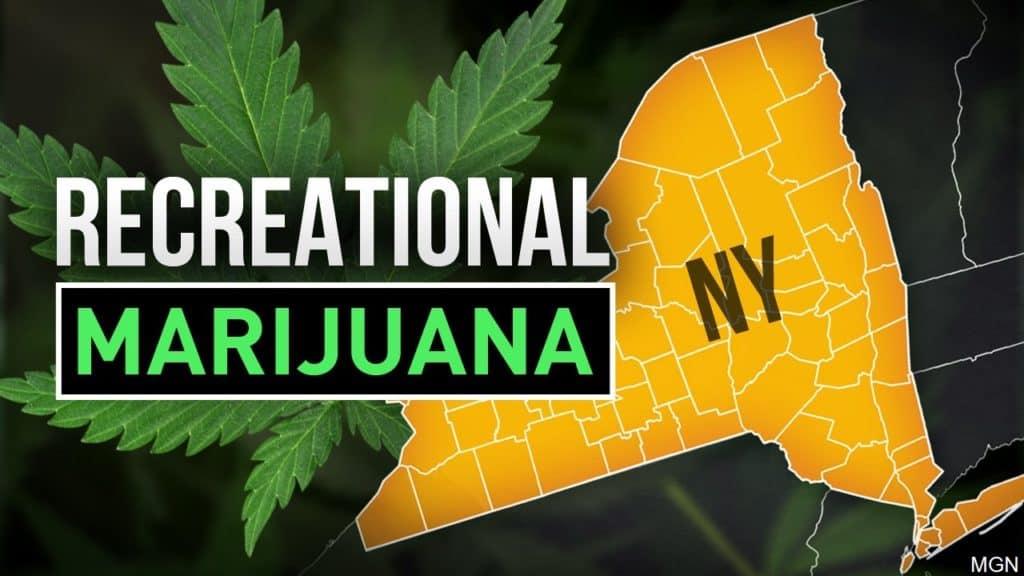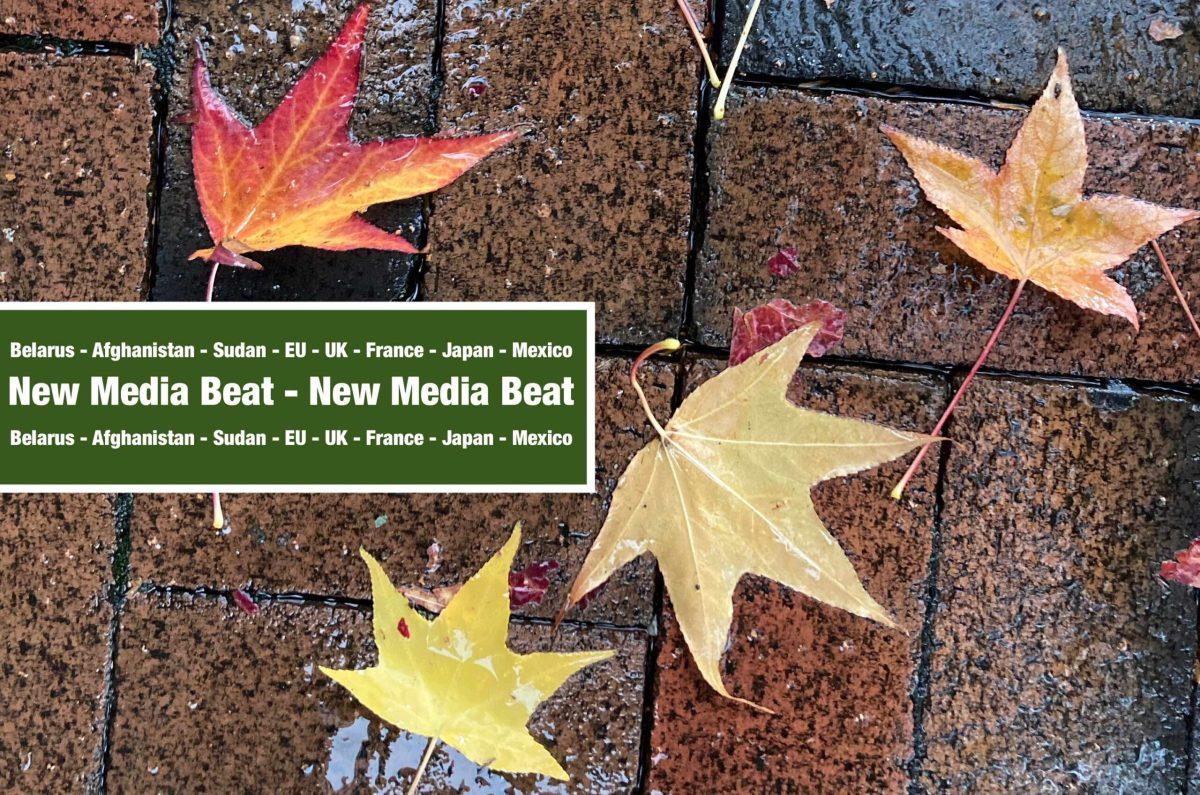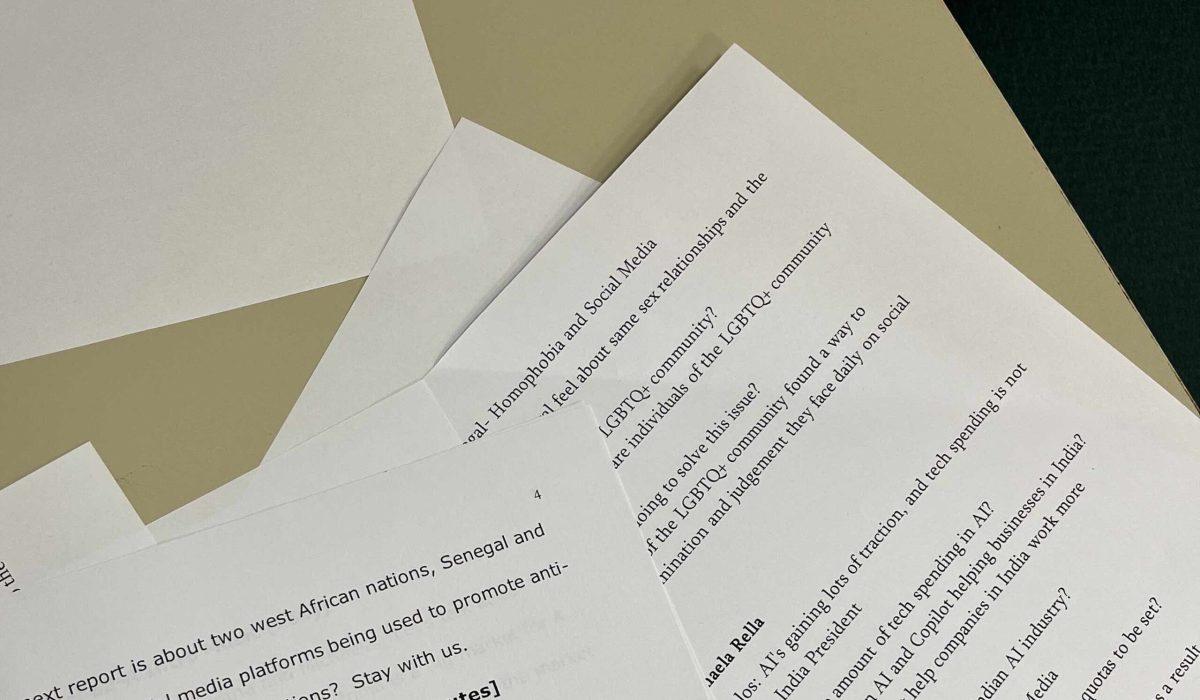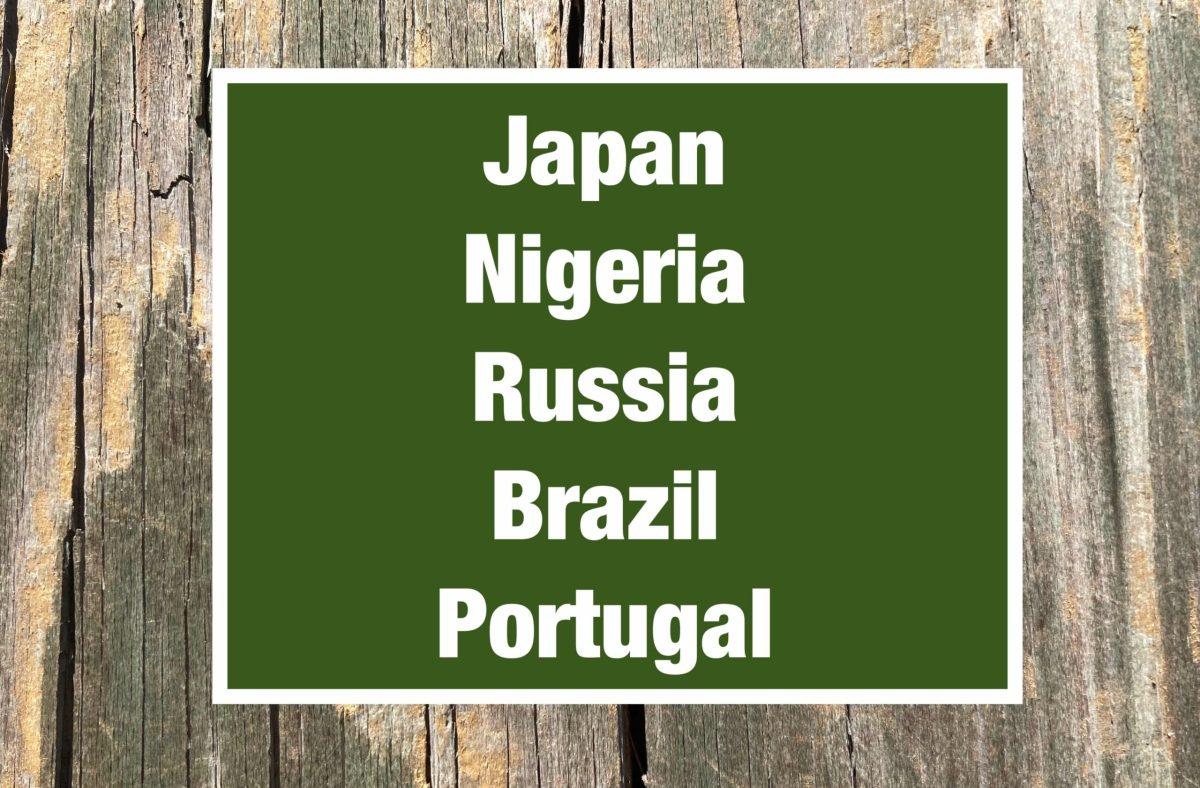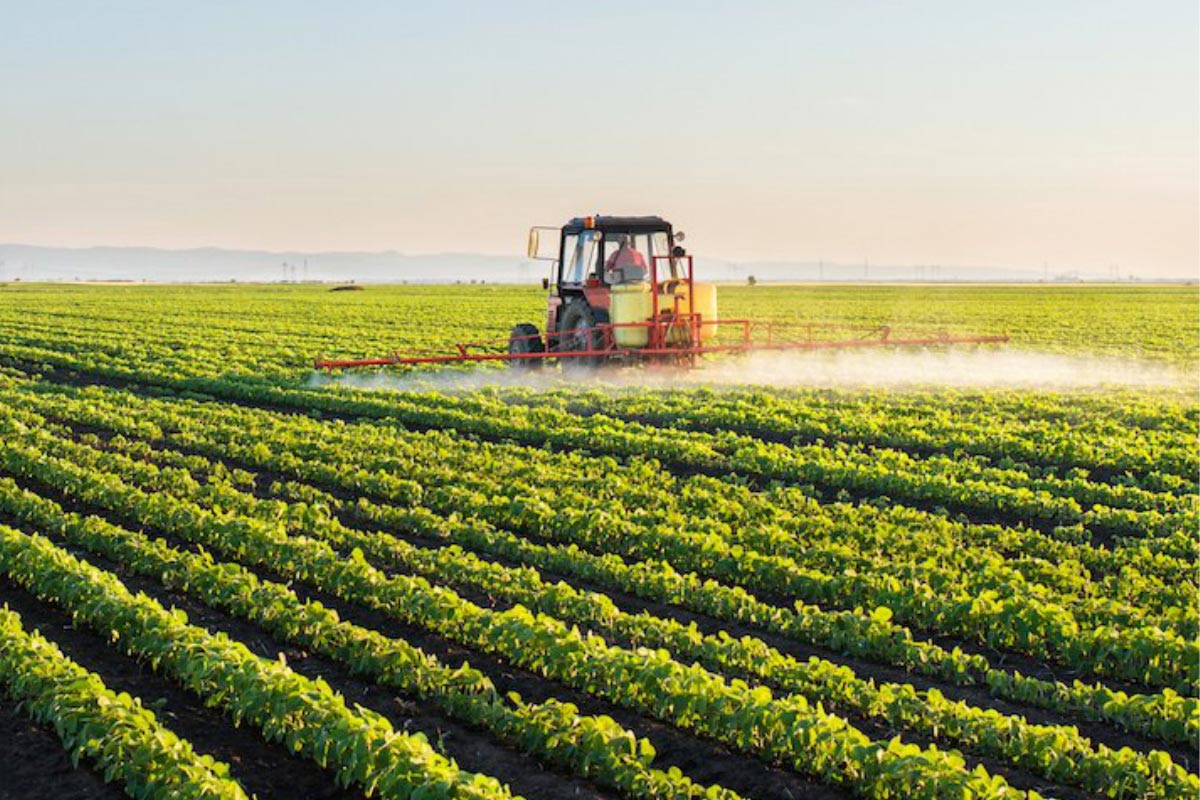
Some people purchase food because they buy everything they desire, while others habitually have an excessive amount of food at home. Our society has similar issues, such as throwing out food in school, at home, in restaurants. We waste so much food daily. Oftentimes, we waste food because it may not look pleasant or because it will expire sooner or later.
Humanity has progressed, there have been new inventions, and various tools have been implemented that have increased food production. Even though there have been positive outcomes, there have also been negative outcomes. Many of these inventions have begun to damage our environment. We can minimize the way we produce and consume our food. There are new advancements made for our ecosystem.
Food-print is the process of transporting the goods from the farm all the way to the consumer. For example, industrial food production is all the products that animals digest, such as pork, beef, eggs, and crops. This production amount takes up a large amount of soil, air, water, and the community’s workers. Climate change has a huge impact on the food system. Mother nature continues to affect the growth of crops. For example, rain, heat, and low temperatures cut down the amount that is distributed. As stated by the site of food-print, the cultivation of the environment is harmed by air pollution.
Recently, there have been different methods of producing nutrients. According to Our World in Data, food is managed by 26% of greenhouse gas. The following are crucial to be a part of the element of greenhouse gas (GHG). Livestock, which is mainly focused on the produce of animals as well as fish, 31% of the livestock and fisheries are accounted for, while 27% are based on crops that are focused on humans. Crop production reduces the health of the soil, which causes soil erosion. A study was conducted to calculate the impact of climate change on food production. This study showed that in order to sustain a healthy environment it is advised to eat plant-based dietary. The article also states if individuals cut half of their food production, the environment would begin to show improvement.
Food impacts our environment by processing every item. Because there is a lot of food waste on our planet. 40% of the waste comes from overproduction, bad weather, unstable market processing, and unorganized planning. The way our food is processed is to make the health of our humanity worse.
As agricultural production continues to develop, countries worldwide will be harmed in the future. Agricultural demand will be high, which will satisfy the increase in food production. Our environment will deteriorate because of the increase in pollution. Even though pollution is affecting our world, it is hopeful to see advancements to better our planet.








